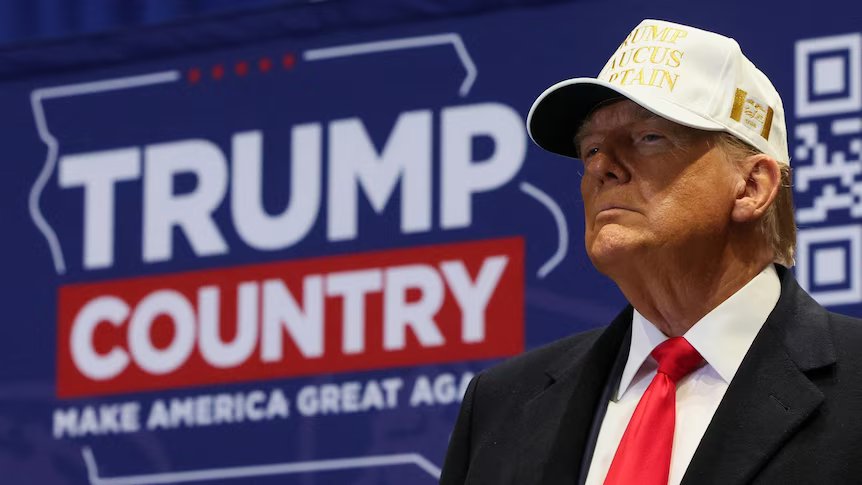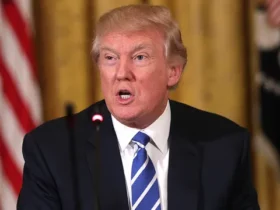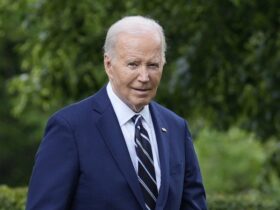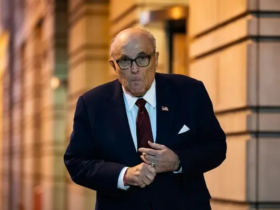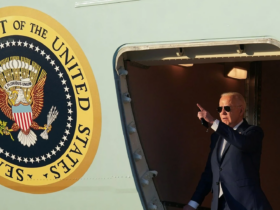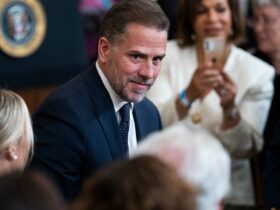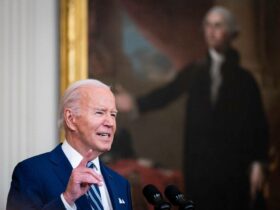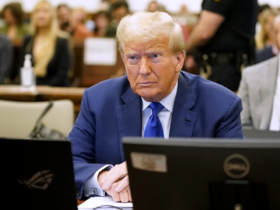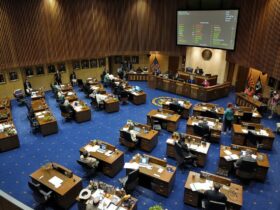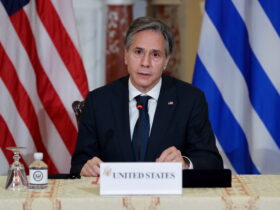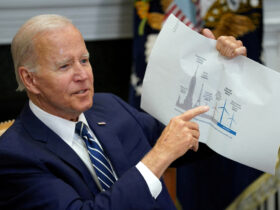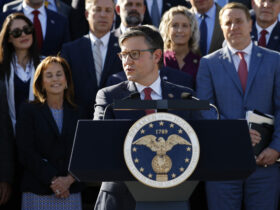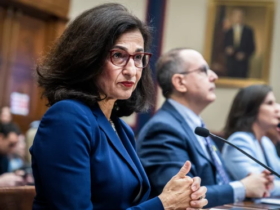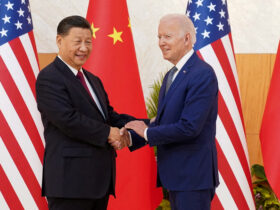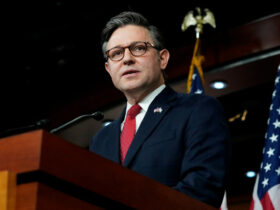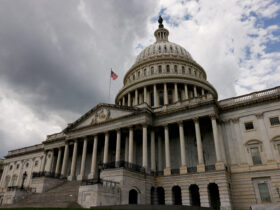United States: As Donald Trump’s lead in the Republican presidential nomination contest grows, some US allies are concerned about an American tilt toward isolationism, which would reflect an electorate mostly focused on home matters.
That was demonstrated in polling in Iowa, which Trump won by a landslide on Monday, with foreign policy ranking as the top issue for only one in every ten caucus attendees, according to Edison Research.
This is in contrast to four in ten who claimed the economy was the most important factor and three in ten who cited immigration.
National Trends Mirror Iowa
National polling produces a similar picture. According to Reuters/Ipsos research conducted over the last decade, when Americans list concerns involving foreigners as the country’s top problem, they typically refer to immigration rather than foreign conflicts.
According to a December Reuters/Ipsos poll, 6 percent of respondents nationally said war and foreign conflicts were the most serious problem in the United States, while 11 percent listed immigration and 19 percent cited the economy. Ten percent mentioned crime.
Rise of Isolationism in the Republican Party
While domestic concerns have long dominated American politics, isolationism has grown in recent years, particularly within the Republican Party, as Trump and other leaders have criticized US aid to help Ukraine fight off Russia’s 2022 invasion, and Trump has warned that America could become embroiled in a global war.
Diplomats Assess Trump’s Foreign Intentions
Foreign diplomats in Washington are scurrying to assess the former president’s foreign intentions, with Trump allies claiming he will decrease defense support to Europe, further reduce trade connections with China, and reinstate tariffs as a key tool of his foreign policy.
They have also expressed concern over legislative Republicans’ rejection of Democratic President Joe Biden’s request for additional cash for Ukraine, Israel in its war with Hamas, and Taiwan as it confronts a more assertive China.
The Republican-controlled United States House of Representatives authorized an Israel aid package in November that would be offset by cuts to the federal tax-collection agency, a proposal that the Democratic-majority Senate rejected.
“Trump has been instrumental in raising questions about our alliances and our involvement in the world that were pretty much taken for granted,” said Dina Smeltz, a public opinion expert at the Chicago Council on Global Affairs.
In September, a Chicago Council survey indicated that 53% of Republicans said the United States should “stay out of world affairs,” the first time a majority of either party had supported such an isolationist posture in the council’s polls since 1974.
Scepticism
Trump is predicted to choose supporters for important posts in the Pentagon, State Department, and CIA, whose main loyalty would be to him if he is elected to a second term as president in 2021. This would give him greater authority to implement isolationist ideas.
The French commissioner in charge of the European Union’s internal market, Thierry Breton, stated earlier this month that in 2020, then-President Trump threatened to withdraw Washington from its NATO military alliance with European nations and Canada, threatening never to assist Europe in the event of an attack.
Republicans are not the only lawmakers who have doubts about supporting their allies. Republicans held a similar opinion in a January Reuters/Ipsos poll, with one in three saying they support sending arms to Ukraine and only one in five saying they support giving Ukraine both money and weapons.
Republicans who backed arming Israel numbered close to fifty percent. Both money and weaponry received slightly less support.
Some of those closest to the United States have also expressed concerns about the prospect of another Trump presidency, with Canadian Prime Minister Justin Trudeau saying on Tuesday, “The first try was not simple, and should the second become necessary, it will also be anything but easy.”

